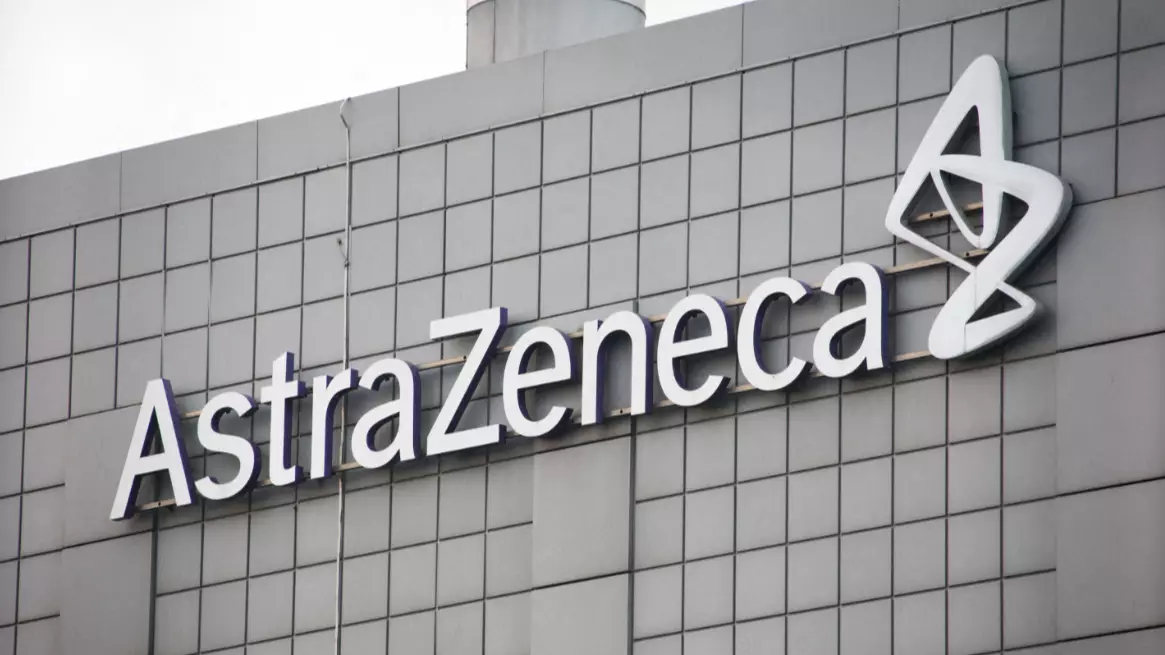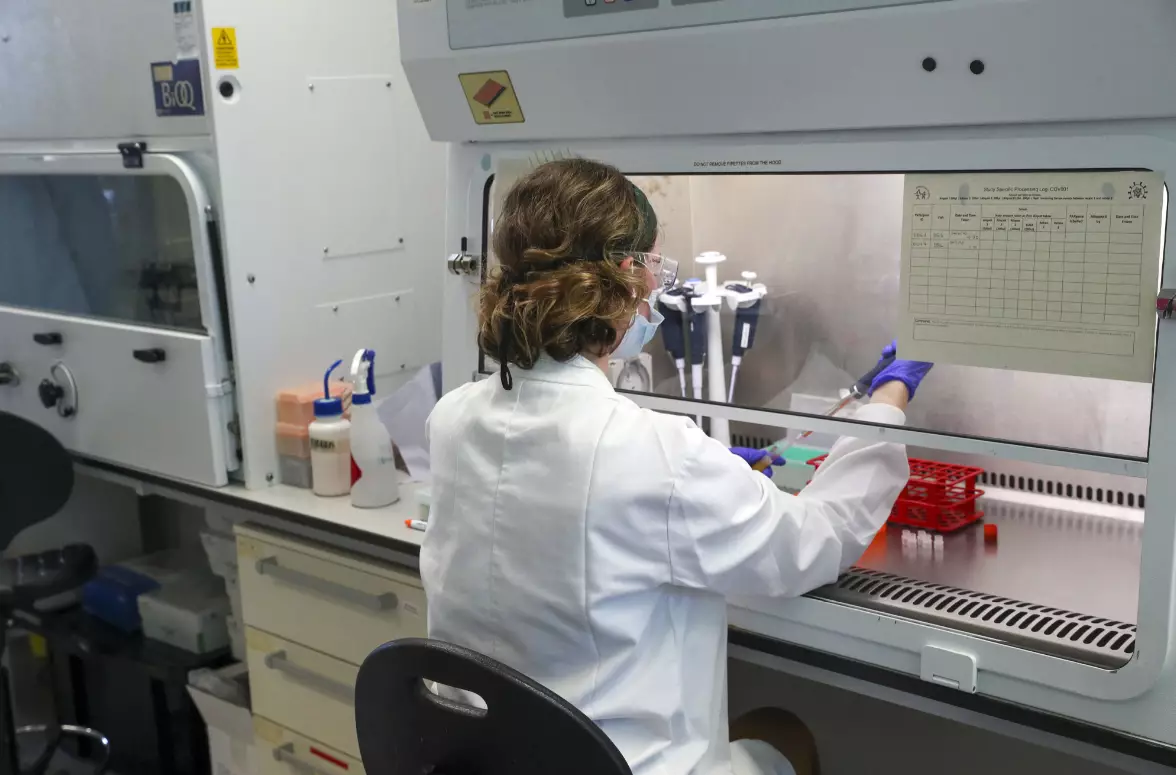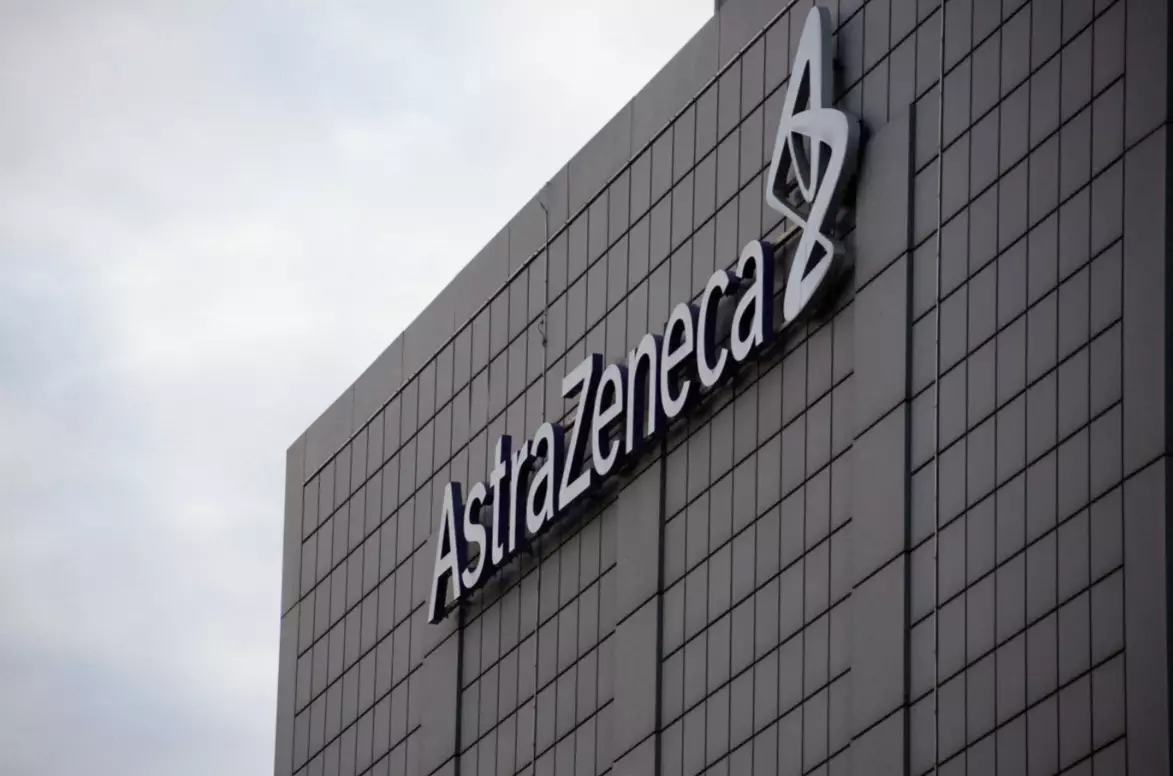
Scientists in the UK are trialling a new antibody treatment, which may give people instant immunity after being exposed to Covid-19 and prevent illness.
The drug has been developed by University College London Hospitals NHS trust (UCLH) and AstraZeneca - the pharmaceutical company behind vaccine for the virus alongside Oxford University.
The new antibody therapy would grant 'instant immunity against the disease', the Guardian reports, offering ongoing protection for up to a year.
Advert
It could be given as an emergency treatment to patients in hospital and those in care homes, in turn helping to contain outbreaks of the deadly disease.
Dr Catherine Houlihan, a virologist at UCLH who is leading a study called Storm Chaser into the drug, said: "If we can prove that this treatment works and prevent people who are exposed to the virus going on to develop Covid-19, it would be an exciting addition to the arsenal of weapons being developed to fight this dreadful virus."

The drug involves a long-acting antibody combination called AZD7442, which has been developed by AstraZeneca.
Advert
It could benefit anyone living in a household where someone has caught coronavirus; if injected with the drug, they would not become infected as well.
Similarly, it could be distributed to university students, who often live, study and socialise in large numbers, meaning the virus has ample opportunity to spread.
The researchers hope that the trial will show how the antibodies protect against coronavirus for between six and 12 months.
Houlihan said: "To date we have injected 10 participants - staff, students and other people - who were exposed to the virus at home, in a healthcare setting or student halls."
Advert
She added that she and her colleagues would be closely monitoring the participants to see which of them developed coronavirus.
Houlihan explained the 'advantage' of the new medicine is that it gives you 'immediate antibodies'.

She continued: "We could say to trial participants who have been exposed: yes, you can have the vaccine.
Advert
"But we wouldn't be telling them that would protect them from the disease, because it's too late by then [because the Pfizer and Oxford vaccines do not confer full immunity for around a month]."
Paul Hunter, a professor of medicine at the University of East Anglia who specialises in infectious diseases, said the new drug could significantly reduce the coronavirus death toll.
He said: "If you are dealing with outbreaks in settings such as care homes, or if you have got patients who are particularly at risk of getting severe Covid, such as the elderly, then this could well save a lot of lives. Providing it's borne out in phase 3 trials, it could play a big role in keeping alive people who would otherwise die. So it should be a big thing.
"If you had an outbreak in a care home, you might want to use these sorts of cocktails of antibodies to bring the outbreak under control as soon as possible by giving the drug to everybody in the care home - residents and staff - who hasn't been vaccinated.
Advert
"Similarly, if you live with your elderly grandmother and you or someone else in the house gets infected, then you could give her this to protect her."
Featured Image Credit: PATopics: Science, UK News, News, Coronavirus